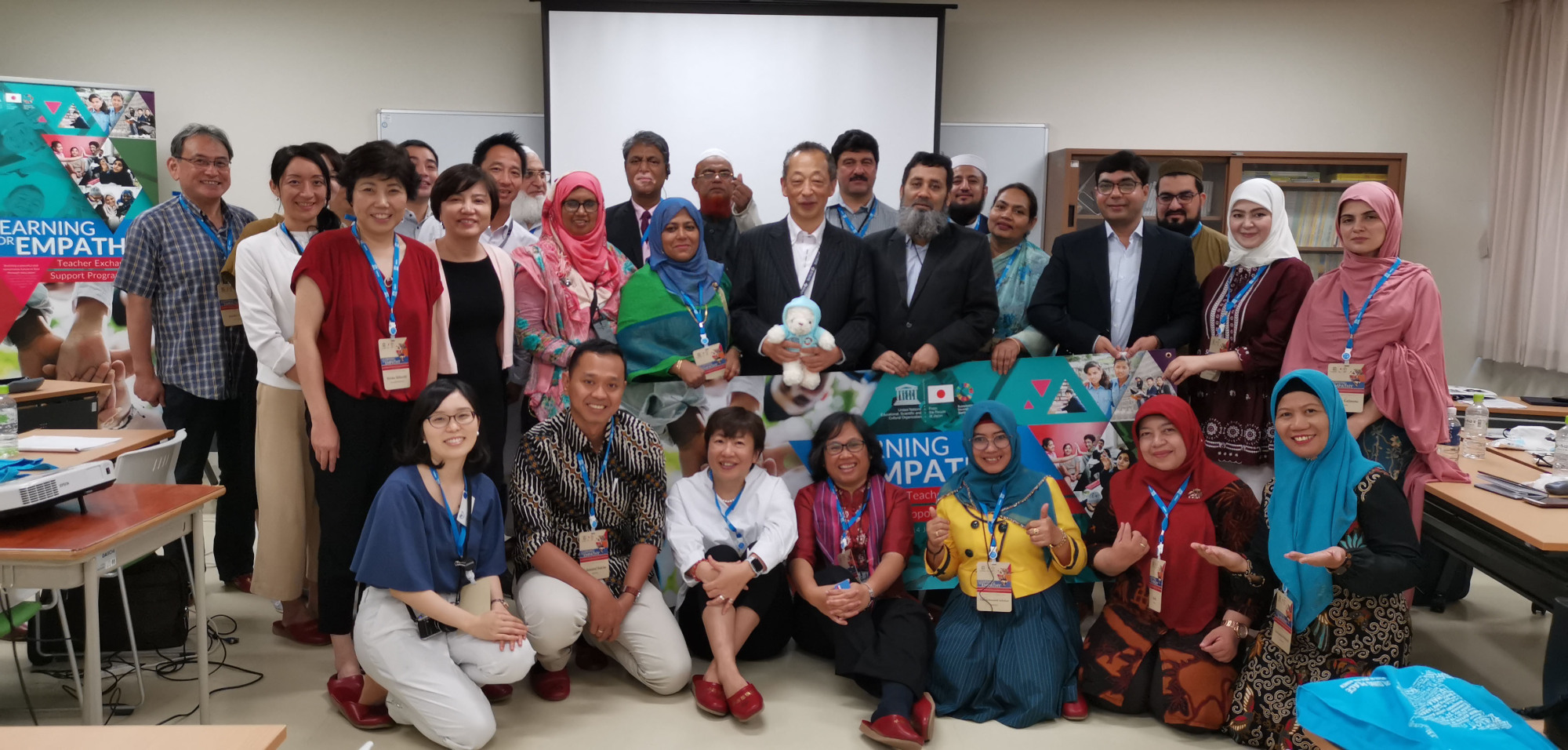In a classroom on a recent Saturday, junior high school students were gathered in small groups discussing death, specifically whether they would consent for their organs to be harvested after they passed away. "I am willing to donate my organs because at that time I will no longer care what happens to my body," one student told the class. "I will be glad if my body can be useful to others in need after my death." Many students shared similar viewpoints.
The topic came up during moral education classes in mid-July during an open day at Funabashi Kibou Junior High School in Tokyo's Setagaya Ward, where parents had been invited to observe special classes addressing life values. Moral education classes are not meant to judge if students' opinions are right or wrong, or instruct them how they should think. Instead, the classes aim to encourage reflection and listening to others' viewpoints to promote critical thinking and empathy — the ability to understand other people's feelings and the basis for living together in peace.
"To survive in the world peacefully, we must show empathy to others. We must understand feelings of others," said Mamtaz Jahan, an assistant English teacher from Tejgaon Government Girls High School in Dhaka, who observed the classes with a group of teachers, school leaders and officials from Bangladesh, Indonesia and Pakistan. After the session, parents were also invited to speak with teachers about morals and ethics in daily life and how to address these topics with children.


















With your current subscription plan you can comment on stories. However, before writing your first comment, please create a display name in the Profile section of your subscriber account page.